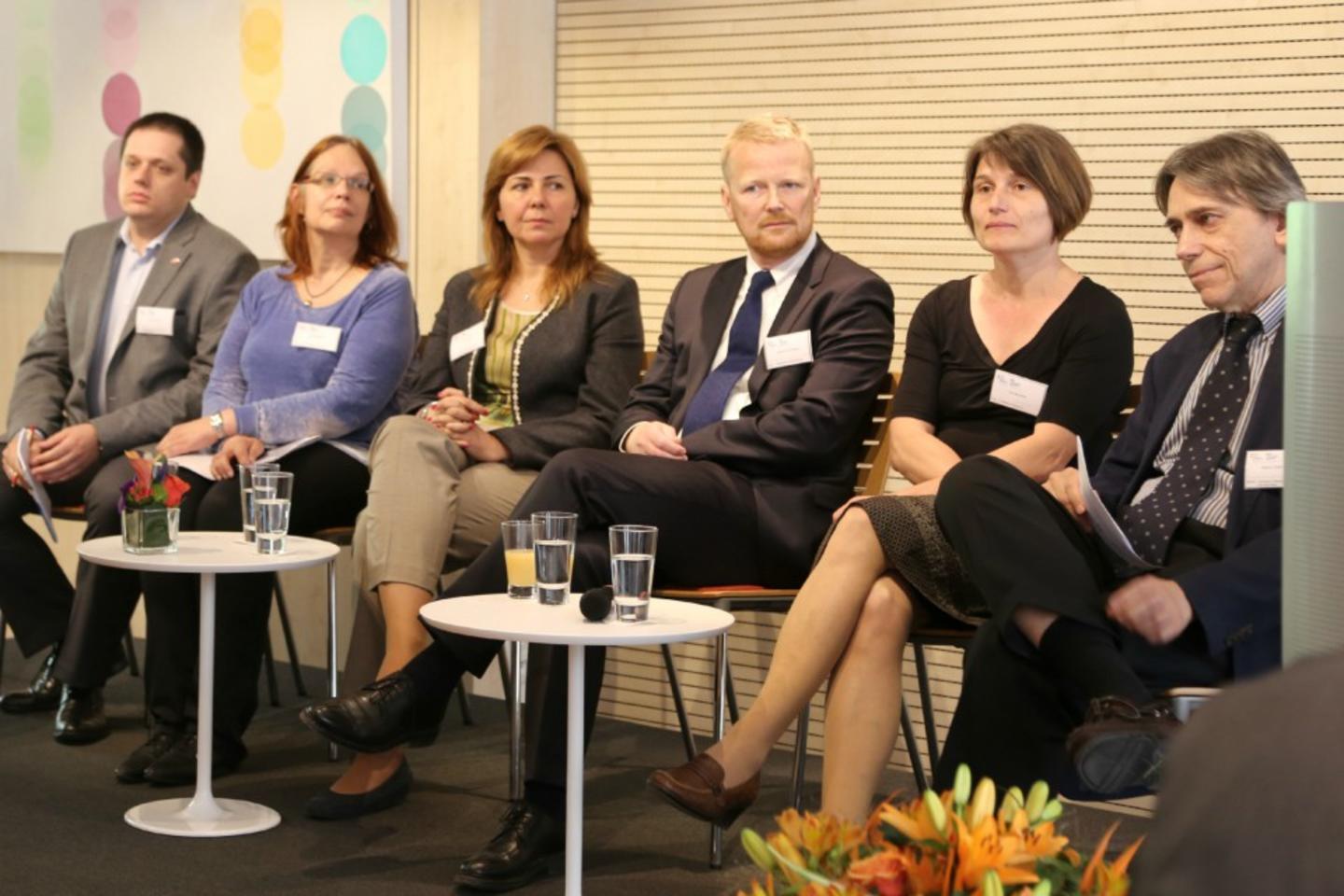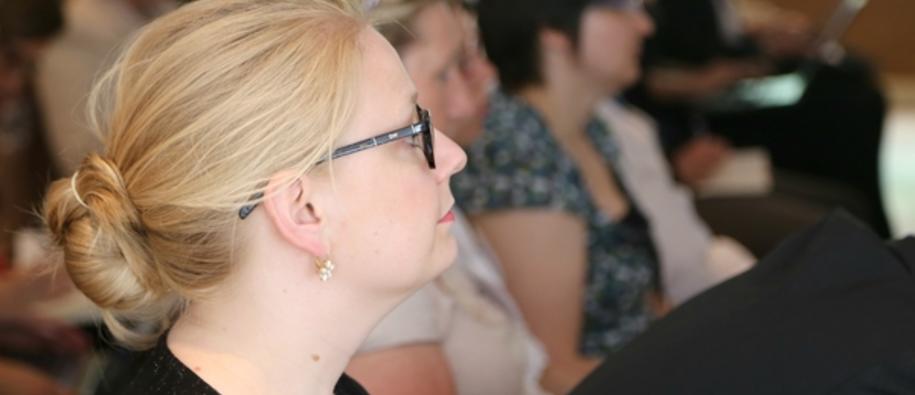“There is huge potential for bilateral cooperation in research and we’ve only just started tapping into that,” said Bjørn Tore Kjellemo, Director of the Department for Cooperation and Development Research at the Research Council of Norway (RCN).
High interest
In the current financing period, € 123 million have been allocated by Iceland, Liechtenstein and Norway to bilateral research programmes in the Czech Republic, Estonia, Latvia, Poland and Romania.
Combined, the programmes have supported 145 projects, involving 1500 researchers from seven countries. Yet, the demand has been even higher:
“The demand has been much larger than expected in the beginning. In total, less than 10% of applications were funded,” Kjellemo explained, “among these were many high quality applications which really shows that there's huge potential in the area.”
Bringing research further
When discussing the road ahead, all participants agreed that it is essential for the researchers working through the Grants to be able to bring their research further, particularly within the European Research Area (ERA) and Horizon 2020. Here, synergies between regulations and procedures of funding mechanisms play an important role, as well as integration between research and innovation.
“As a national centre for research and development we mostly support applied research rather than basic science. It would be great to match science, research and innovation through the programme and include funding for SMEs,” said Maciej Jędrzejek from the National Centre for Research and Development, the operator of the Polish ‘Bilateral Research Cooperation’ programme.
Growing together
The programme operators noted that despite there being challenges along the way, the bilateral cooperation has proved a both a successful and rewarding experience:
“It was worthwhile to make things happen and see how theory and practice can become the same thing,” said Anca Ghinescu from the Ministry of National Education of Romania.
Similarly, Jana Sīle from the Ministry of Education and Science of Latvia noted that despite cultural difference, building bilateral relationships is a worthy investment for the future:
“The culture between Latvia and Norway is quite different. We have different views, attitudes, history and background. This can make the process challenging but when the collaboration goes on and is successful, it is absolutely amazing.”

